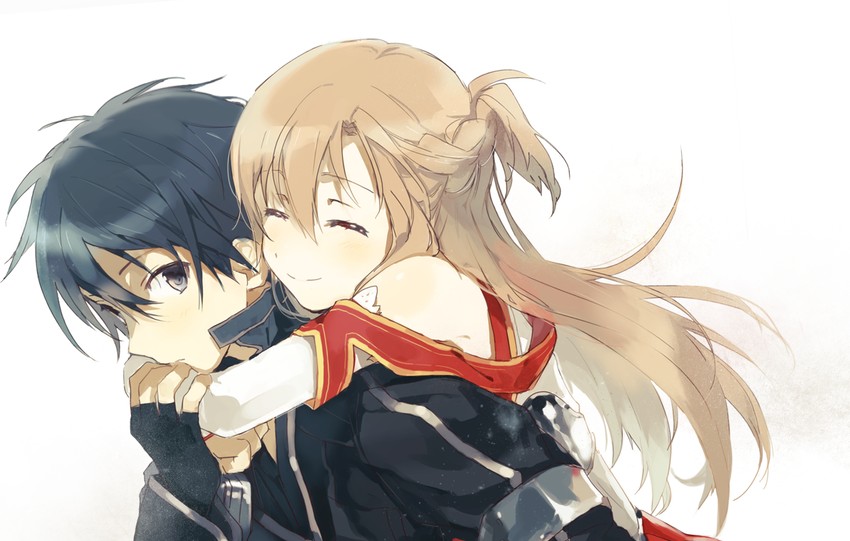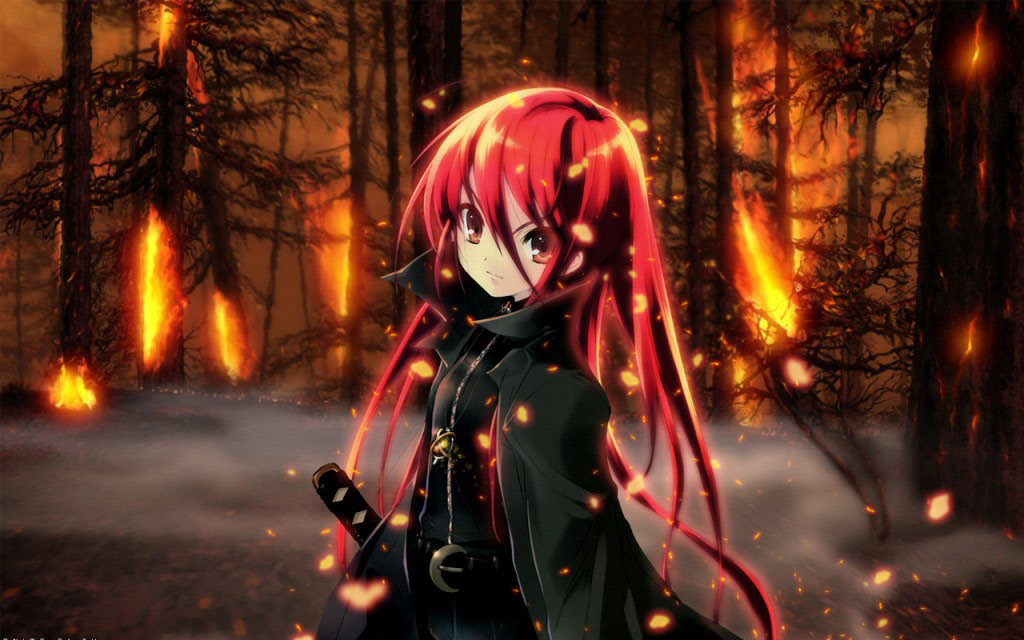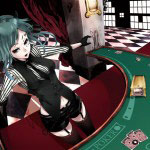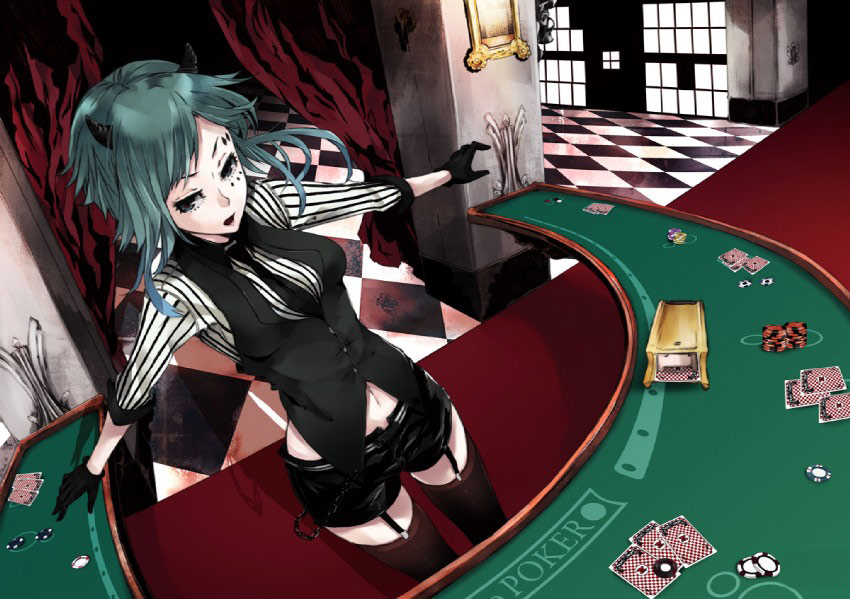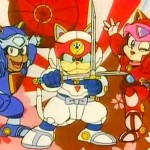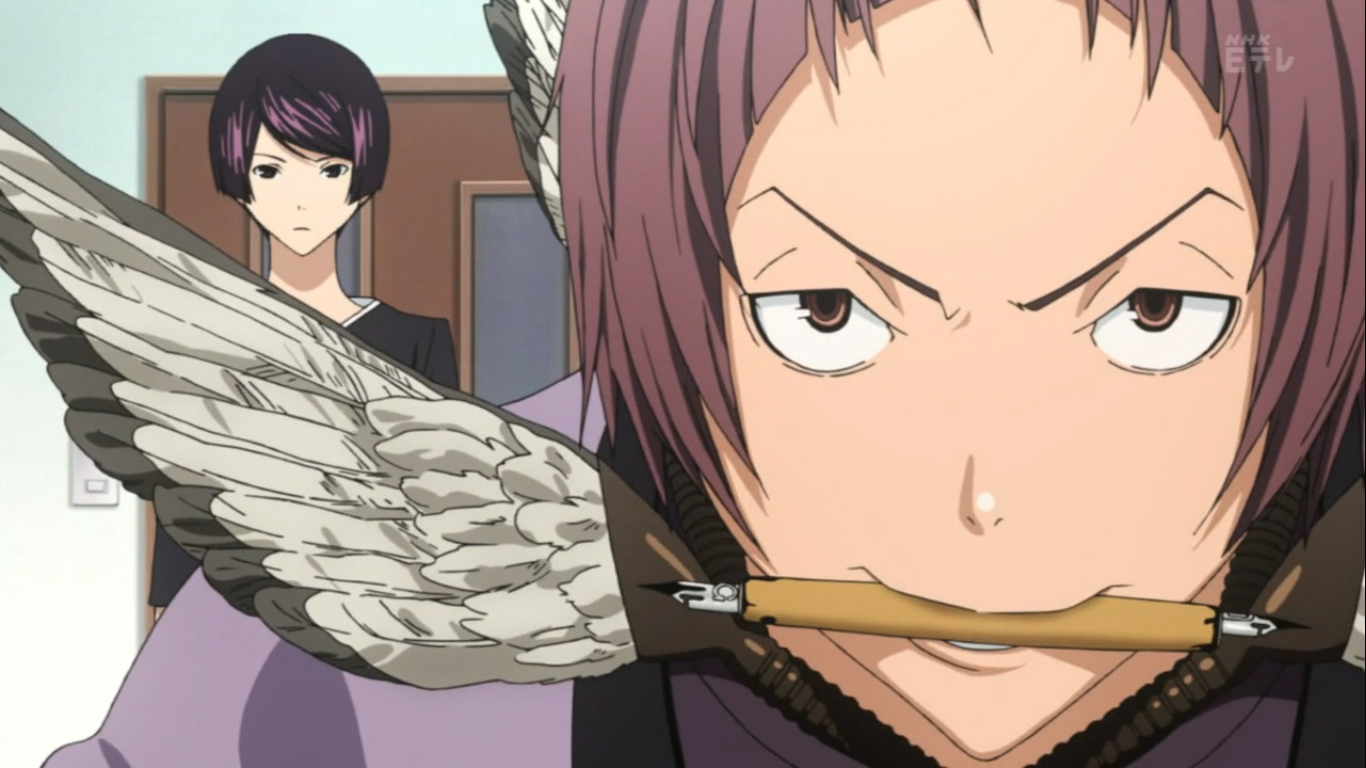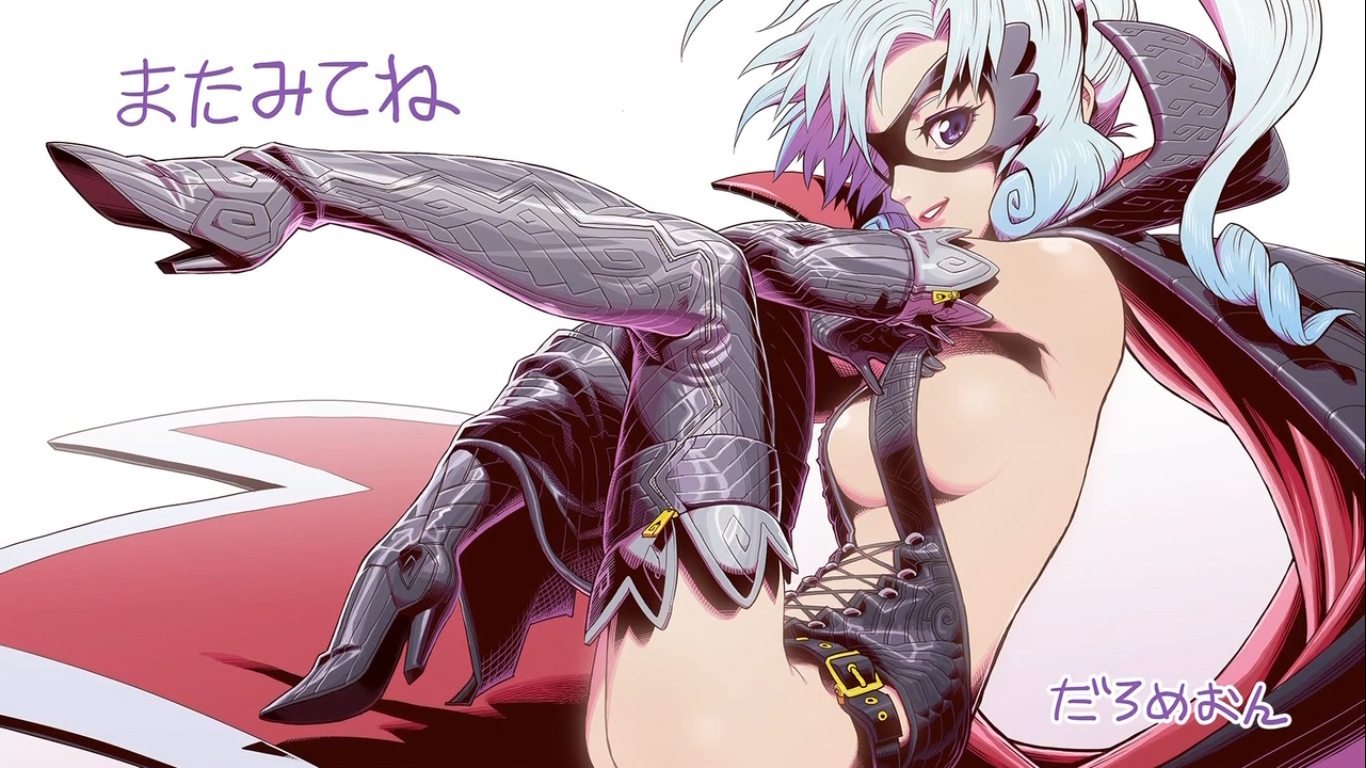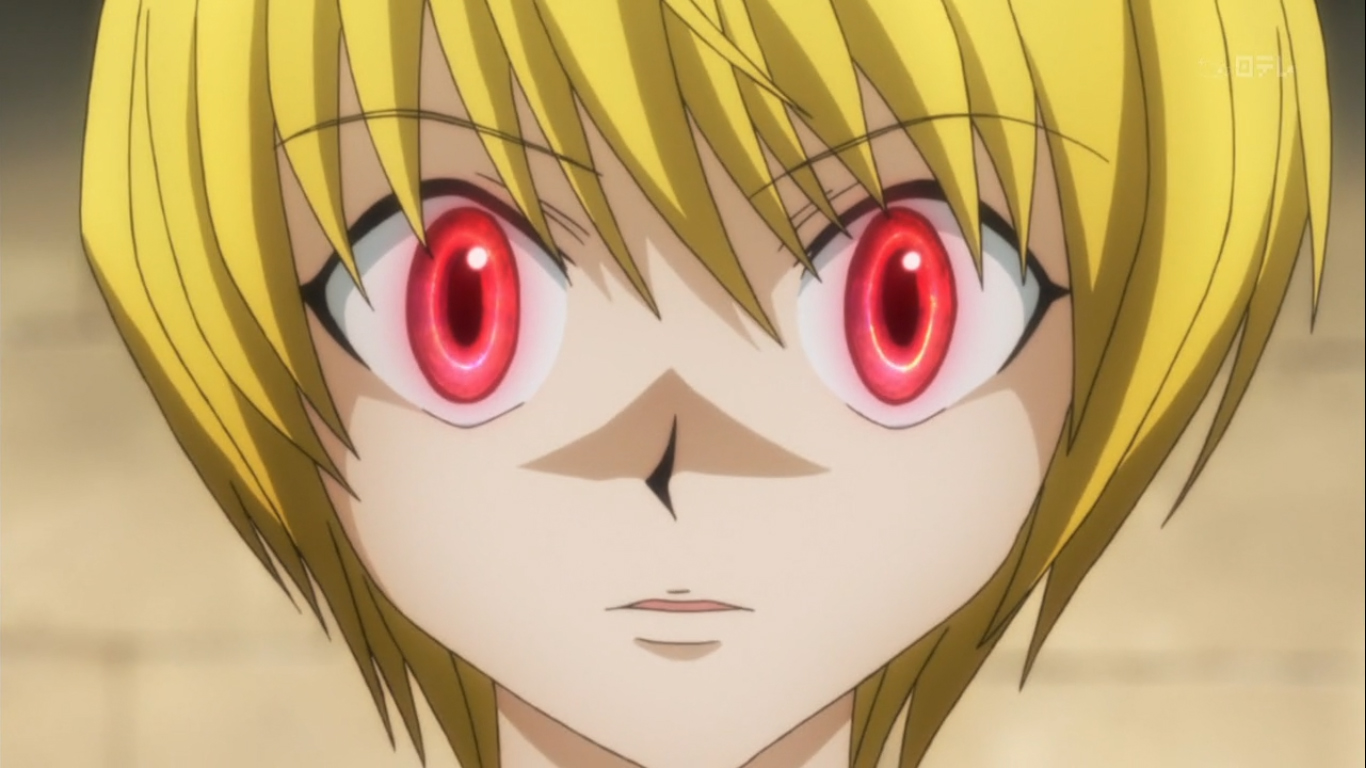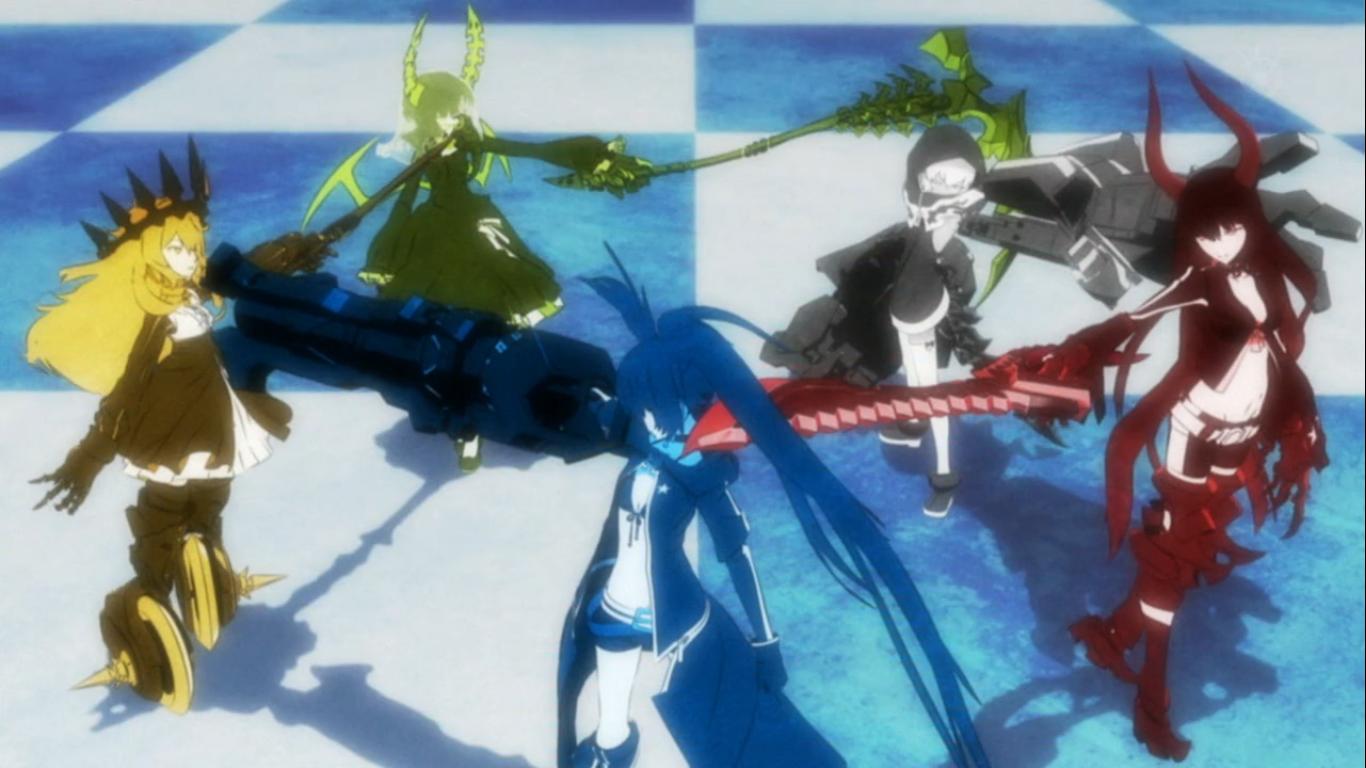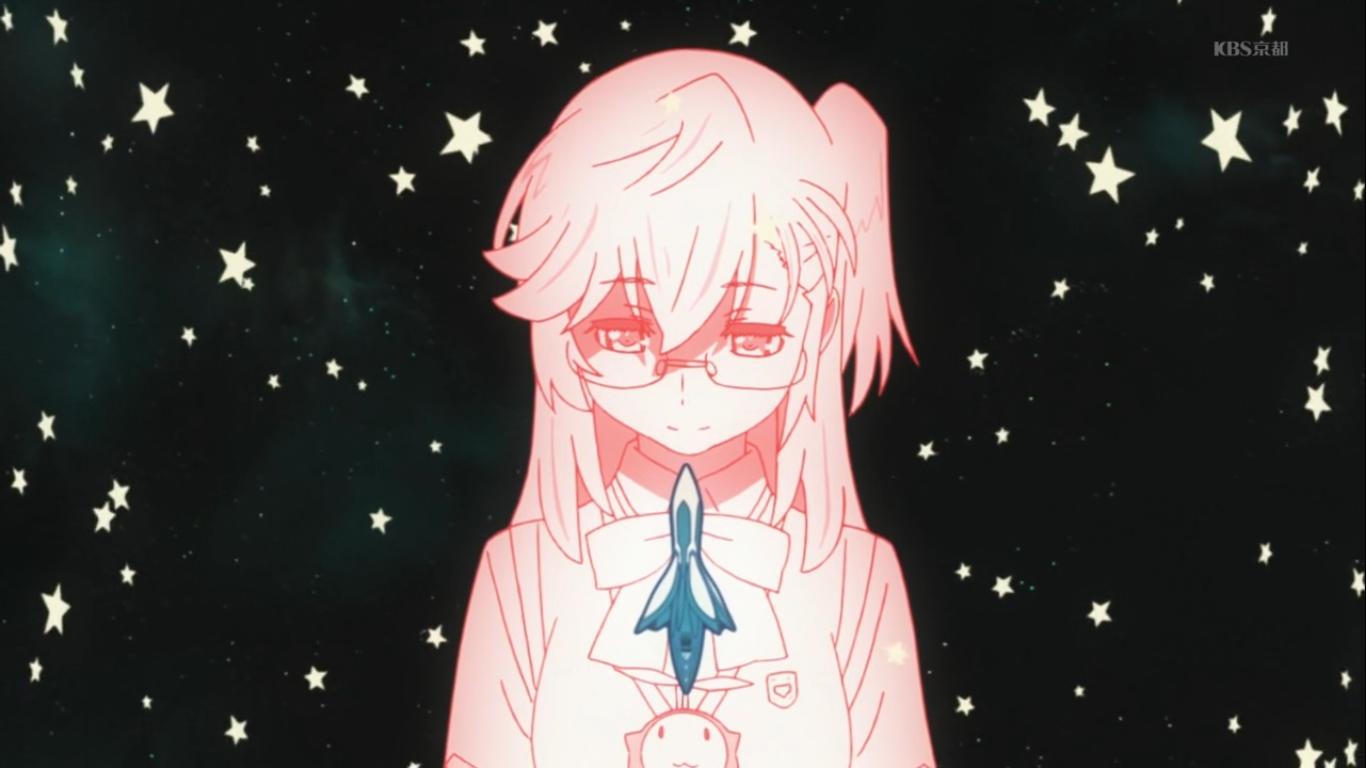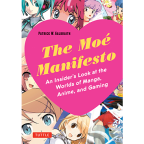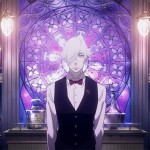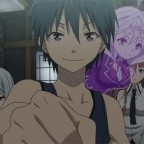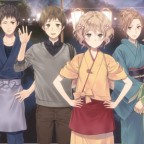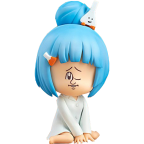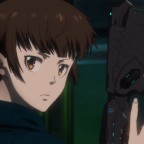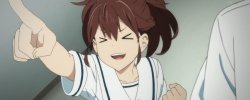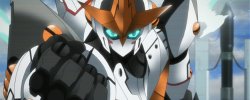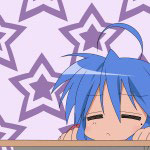Articles
2012 Summer Anime Season Retrospective
The 2012 summer anime season has ended and let’s face it – it wasn’t very good. But fear not, for I have found those shiny gold needles in the summer anime season haystack for you! There were one or two of those. I think… Continue reading
Are Old Anime The New Hype?
In the last three years we’ve seen a growing number of old anime series making a comeback. Some resurfaced as regular editions, others as collections at a budget price and some in remastered versions. This trend is definitely going strong and almost all the U.S. anime distributors are riding the wave. But are all distributors taking the same approach? And more importantly, can these old “classic” series successfully compete for our money when facing against modern HD series with all their bells and whistles? Continue reading
Believe It: Anime Sells More Copies In The U.S. Than It Does In Japan
Recently anime fans have become more vocal about the delay between the release dates of DVD/BD anime series in Japan and in the U.S. Except for a couple known examples anime is always distributed first in Japan and only later (sometimes much later) in the U.S. and Europe. The most common reason for these delays are the much higher prices of DVD/BD products in Japan, which allow the production committee and studio behind an anime to at least regain their investment in the series, if not make a profit. Because a series that is sold for 200$ in Japan is usually sold for around 50$ in the U.S. the owners of the show in Japan are reluctant to have it released in the U.S. before the Japanese audience have all but bought their copy of it, for fear of reverse-importing. The common belief (that is not always correct) is that Japanese studios don’t really take the Western audience into consideration while making a show, focusing instead on maximizing the sales of that show in Japan. The Japanese market is the one that fuels the anime economy. That’s a fact. But what will you say if I told you that even though the anime industry is firmly based around the Japanese consumer more people buy copies of anime series in the West than in Japan? Continue reading
Anime Of The Future
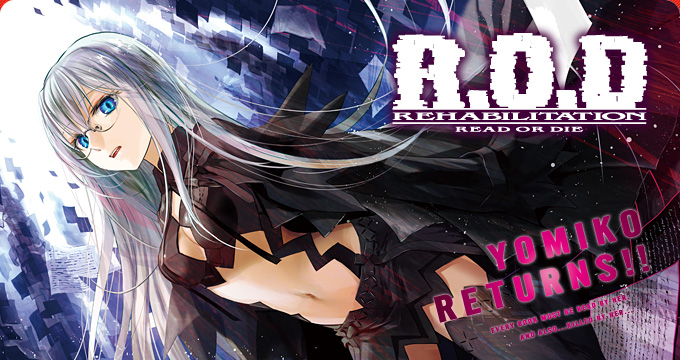
The arrival of a new season filled with anime is nice. Reading about awesome series coming out in the near future is also nice. But here in Anime Reviews we think even further and we’ve come up with a list of five titles that we believe will be released in the far future. The challenge here was to find five series which haven’t even been announced, yet have a very big chance of coming our way in a year, or two, or three. We present you with the anime of the future. Continue reading
How old is too old?
In the last week we’ve experienced a slew of new license announcements or rerelease notifications from almost all known anime distributors. FUNimation licensed Jormungand, NISA licensed AnoHana (and finally made the move to Blu-ray!), VIZ licensed the new Berserk film trilogy, Aniplex of America announced a budget rerelease of Kara no Kyoukai, Sentai Filmworks licensed Mysterious Girlfriend X, and these are just examples or the many, many things that were announced. But today I’d like to talk about a bold license acquisition undertaken by a relatively overlooked distributor called Discotek.
Who is Discotek?
Technically speaking Discotek has been in the distribution business for years now. Relatively to our interests though, Discotek has had some shady releases throughout the years. Looking up the company’s online catalogue I caught glimpses of a lot of erotic/gore Asian movies (in fact I’m not completely sure their website is SFW). On the other hand those with a keen eye can also spot famous anime titles on their catalogue, such as Project A-Ko, D.N. Angel and Fist of the North Star. Now, just to get things straight, Discotek wasn’t the first licensor to release these series in the U.S. It bought them years after the official license had expired in hopes of revitalizing the titles. And now Discotek has announced the licensing of three more series: Samurai Pizza Cats, Lovely Complex, and the original Captain Harlock. One of these titles (Lovely Complex) has never been licensed and is in fact not that old. However, the other two titles are old classics. The acquisition of these two old titles brings up an interesting question: Are old anime classics still marketable today?
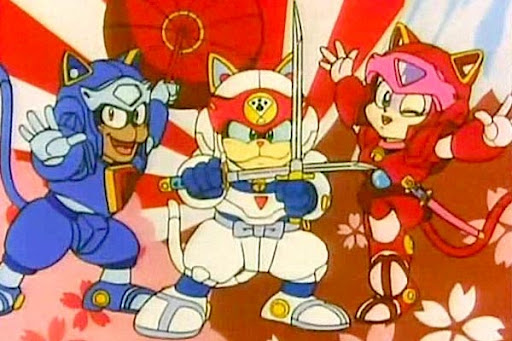 Samurai Pizza Cats. An old classic with the potential to succeed even today.
Samurai Pizza Cats. An old classic with the potential to succeed even today.
A matter of age
There are some classics that stubbornly stay relevant, and this is a known fact in all manners of entertainment. But even if we stick to the quite young medium of animation we can raise a few prominent examples. Decades have passed since the original Teenage Mutant Ninja Turtles was broadcasted and yet new iterations keep coming out. Show me a kid today who hasn’t watched the Smurfs, or an adult who doesn’t remember those hours they spent glued to the screen watching Looney Tunes or Scooby Doo. So in some respect, animated classics can still be relevant (and be sold profitably) even today if they manage to pull at our nostalgia strings. Looking directly at Samurai Pizza Cats I can recognize such potential of becoming a classic. Samurai Pizza Cats was an awesome series back in the 90s. It was cool and hyper enough for kids to enjoy and maintained a certain degree of satire. It also had appealing visuals to support it. To top it all the cats wore power suits and used giant robots, similar to the then explosively popular Power Rangers. I can see those grown-ups who watched the series as kids wanting to revisit that show, and I can also see kids randomly catching a glimpse of the Pizza Cats DVDs and buying them impulsively in a store. Pizza Cats is definitely still marketable today. However, Samurai Pizza Cats is barely considered old. Right now it stands on the that thin line that separates old anime and contemporary anime. Do you consider Neon Genesis Evangelion to be old? How about Cowboy Bebop? Something tells me that these titles are not yet eligible to be described as old classics. They are just above the line that Pizza Cats crossed. But Discotek’s other old title is so old that most chances are its older then you.
Captain Who?
Now we venture into a more tricky part, the part in which we separate ourselves from what we consider classics and what is considered classic by the books. That’s because every book on anime or manga will tell you that Captain Harlock is an anime classic and that it was almost single-handedly responsible for the anime grassroots movement in the U.S. during the 80s. They will tell you how popular Captain Harlock was in Japan, how beautifully and detailed it was drawn and how thought provoking it was for its time. What they won’t tell you is that this original series was never licensed in the U.S., even after the anime boom was at full swing. Why, you ask? Well, because despite the greatness it achieved in its heydays during the end of the 70s, Captain Harlock has aged terribly and became redundant by the beginning of the 90s. Sure, the short history of anime has gave birth to countless classics which are old, yet widely loved and still relevant (Dragon Ball Z anyone?). But the ugly truth is that Captain Harlock is as boring as old animated shows can get. It has an incredibly slow pace, looks really bad by any standard and didn’t have such a brilliant story to tell. And U.S. distributors knew that. They understood that some series should be left unlicensed, despite their successful past. Thus Captain Harlock became some kind of anime saint – everyone acknowledged its importance to the medium, yet no one dared to touch it.
But of course if you are reading this then you already know that this is no longer true. After all those years, and against all odds, Discotek has chosen this day and age to pick up the series’ license. This opens the discussion and raises some harsh questions. Questions such as: Is Captain Harlock even recommended for casual viewers or is it only valid as “academic material” for researchers to write articles about? Why should a costumer prefer this series over a shiny new 2012 anime? Can such an old series make a profit when the U.S. DVD industry is at its worse state ever? How much copies do Discotek need to sell before a profit is made? Did Discotek even gauge this title as profitable to begin with? Captain Harlock is different from Samurai Pizza Cats. Since Captain Harlock is on the gloomy side and looks old it won’t attract children. Likewise, you won’t find many American grown-ups with fond memories of Captain Harlock from their childhood, since it was never shown here. Does an old, relatively unknown and overall not that good series stand a chance in our already flooded entertainment world? It will definitely need to put up a tremendous fight, and the chances are utterly against it. Regardless of the outcome though, it will be interesting to see just how much appreciation and love the anime fandom has for this aging title. Maybe anime fans will prove exceptionally kind when it comes to respecting their elders?
2011 Winter Anime Season Retrospective
The 2011 winter anime season has concluded and a new season is just around the corner. Instead of summarizing the plot of new series and calculating how the next season might end up being I though I’ll review in retrospective five series from the last season. So before we clear our schedules for the season to come here’s a brief check on how some of the last season’s favorites turned up. I’ll be going at this in a simple manner: each day will bring a new brief spoiler-free (as much as possible) review of one series that aired this last season. These reviews are here to allow you to judge for yourselves which series you missed out on and should watch, and which aren’t worth your time. There were at least a couple of surprises this last season. Which series raised the bar for anime? and which series was so terrible that it should not be watched even by the fans? Read on to find out.
Bakuman (Season 2)
Bakuman’s 2nd season had a promising start. Mashiro and Takagi’s manga finally enter serialization and things are going smoothly. That is until their manga drops down in the magazine’s popularity chart and is cancelled. The rest of the season focuses on their attempts to pump out a more promising manga. It’s an interesting journey to watch, if not a very exciting one. Creating a superb manga takes time, and lots of it. We encounter so many little nit bits about manga production and creation in these episodes that the whole process can eventually become tedious to watch. But somehow Bakuman manages to take mundane tasks and make them exciting enough for us to hang around for another episode. The conclusions of important staff meetings or big announcements are always taunted at the end of an episode to create tension and anticipation. That way, even if these decisions end up being total fish-bait (and some do) you end up watching another episode nonetheless. A lot of new characters join the fry in this season, but surprisingly the best this season has to offer comes from Aoki Kou. A script writer in the first season, she now tries to draw a manga on her own. After passing many trials and errors she not only succeeds in creating her own manga, but also grows as a person. She was a cold-hearted woman in the first season, but by the end of the 2nd season she’s become my favorite mangaka. One that I hope will play an active role in the the 3rd season as well.
Verdict: I have to admit that the 2nd season came a bit short. It wasn’t fast enough, was boring at times and began to stutter considerably in the later episodes. But even with all those shortcomings taken into account it still had enough surprises and tension in it to be more than worth your while. It also helps that Monochrome Rainbow is one hell of an ending theme.
Tantei Opera Milky Holmes (season 2)
A year ago Milky Holmes had a wonderful first season. It was funny, cute and refreshing at the same time. In fact I found it so witty that I hurriedly proclaimed it as no less than the new Power Puff Girls. But then came a 2nd season that was, well, terrible. Although the main theme remains intact – the girls are still looking for a way to restore their Toys – the 2nd season of Milky Holmes quickly spirals into the realm of hardcore slapstick nonsense. All the characters are reduced to their utmost stereotypes and are painfully dumber than how they appeared on the firstseason. It was easy to sympathy with four cute girls who diligently look for their lost powers. It’s much harder to sympathize with four dumb girls who have forgotten about their powers altogether and spend their days leaching on their friends and wreaking havoc in the process. The ideas behind the second season dry up fast, leaving you wanting in pretty much every aspect in the series. The 2nd season is so barren and inconsistent with the first that there is in fact only one battle in the entire series, and it too is reduced to a slapstick finale. If you think I’m overreacting or expecting too much of Milky Holmes watch this:
This is how the characters are shown in the PSP game, a game in which they actually use their powers and solve detective mysteries. Is creating a decent detective plot with some action too hard a thing to ask from a series which has the word Tantei (detective) in its name? Wouldn’t the series appeal to a larger audience if it were a bit more polished, like the games are?
Verdict: This season definitely isn’t worth your time, even if you did watch the first season and loved it. It will only leave you with feelings of emptiness and missed chances. Even though it had a solid first season to build upon and unlimited possibilities it could have exploited the 2nd season turn out to be one big sour disappointment. Better luck next season, Milky Holmes!
Hunter x Hunter (2011)
A boy named Gon sets out on a journey to find his father. But to do so he first must become a hunter – a dangerous and prestigious occupation for which an elaborate test was established. Along the way he meets up with the assassin Killua, the avenger Kurapica and the inspiring-doctor Leorio. Although their goals are different they find themselves helping each other on the way to becoming hunters…
As someone who watched and loved the original Hunter x Hunter series I pretty much knew what to expect from the new 2011 version. At its core HxH is a shounen series, but it packs considerably more intelligence and surprises then it’s counterparts in the genre. The new series has been polished for the HD generation, has better pacing, much better animation and is a more accurate reproduction of the manga. Mind you the original series was also accurate and “more accurate” in this context translates to less filler episodes. It’s always better to have less fillers and more meat on your shounen series. That said, the new series falters where its old counterpart shined best: in its music and feeling of tension. Hunter x Hunter 2011 has terrible music that doesn’t blend with the action or the comedy. It also doesn’t have a single track to play during times of tension. The old series used the known formula of ending episodes on cliffhangers, and tension was high. The new series lowers your expectations and reflects less tension, not only due to the lack of an appropriate music score, but also because most of the cliffhangers were left on the editing room floor in favor of the better pacing. Moreover, for some strange reason Hunter x Hunter 2011 feels more childish and colorful then it should. This is a dark series we are talking about here. What will happen to all this colorfulness and cheerfulness in the later episodes when blood starts flowing freely down the streets and terrorists start blowing people up?
Verdict: This one’s easy – if you haven’t seen Hunter x Hunter yet you should definitely watch this new version. It’s better suited for the new millennium and is still relevant in all the right ways. Not only is it a good series in its own good, it was also one of the series that built the foundations of the modern shounen genre (want to know were Naruto’s ninjas got their Sharingan from? Kurapica did it first). If, on the other hand, you’ve already seen the old series (perhaps you even own the incomplete Viz sets?) I advise you to skip the first episodes and wait at least until we get to the darker York Shin arc in a couple of weeks’ time.
Black Rock Shooter TV
After being unimpressed with the Black Rock Shooter OVA more than a year ago I approached Black Rock Shooter TV with low expectations. Little did I know that this 8 episodes show will turn out to be the best thing I’ll be watching this season. I won’t explain to plot here, since I already wrote an entire post about it before. Read that post if you want a more in-length analysis about the series. I’ll just conclude my observations by saying that Black Rock Shooter TV offers an exquisite combination of action, psychology, art and music (and by music I mean the tear-jerking ending theme Our Footprints). It’s what all anime should be – a little risqué, a little vogue, and rewarding to watch.
Verdict: If you only have the time to watch one series from the 2011 winter season it should definitely be Black Rock Shooter TV. I’ll post a more formal review of this gem once I get my copy of the Blu-ray in July.
Ano Natsu De Matteru
Ano Natsu De Matteru (we’ll be waiting in that summer) was a new romance series from the creator of Onegai Teacher and Onegai Twins. Not surprisingly it featured a young boy who falls in love with an alien girl. Kiato falls in love with Ichika, who appears to be a foreign exchange student at first. The story revolves around the two’s gradual growing relationship. Along the way Kiato’s friends are introduced and they all decide to film an amateur movie together. We soon discovered that most of Kaito’s friends are locked in a strange love predicament in which they are loved by someone they don’t care about and love someone who doesn’t care about them.
Ano Natsu has that magical feel its predecessors had, that feeling of encapsulated nostalgia. You know you never had such a childhood and that everything is over simplified, but it still seems nostalgic somehow. The series itself is far from being realistic or immersive. The plot is very simple and the characters unimpressive. It’s hard to swallow the notion that this group of friends all love each other in secret, and have done so for many years. It’s also hard to care about it considering someone confesses his or her love every single episode. The fact that Ichika is an alien adds nothing to the plot, and in fact makes the series unbelievably tasteless. The first episodes are fine, but you will lose interest by the time the third or fourth person confesses their love. The end of the series relies solely on the whole alien meets boy setting. This in turn causes the series’ shaky foundations to collapse in all their cliché glory.
Verdict: Don’t waste your time on this one. If you yearn for some sweet romance nostalgia you can always play it safe and rewatch Onegai Twins.


